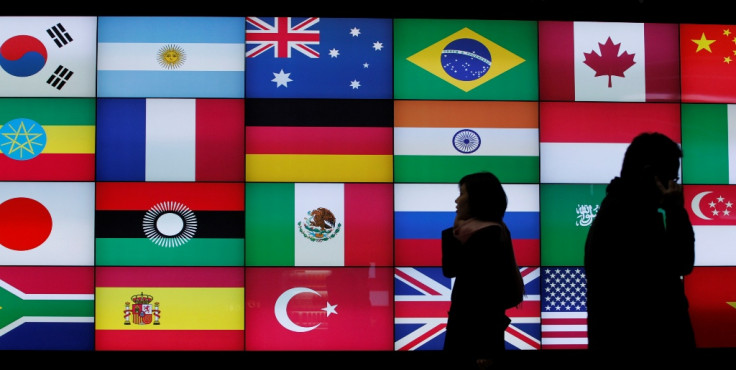IMF Identifies Trends and Ticks Shaping Global Economy

With the global financial crisis in the rearview mirror, the IMF has shortlisted five trends and uncertainties that it believes could shape the global economy of the future.
The IMF highlighted: demographics, diffusion of power, resource and environmental sustainability, interconnectedness, and income inequality as particularly relevant for the Fund and its membership - owing to "their potential large impact on the sustainability and stability of economic growth".
The IMF said its effort was initiated "to better tailor the fund's near-term focus on managing transition from the crisis to long-term perspectives," according to the latest issue of its quarterly publication, Finance & Development.
Global power is shifting from advanced to emerging market and developing economies, noted the fund's strategists. That said, emerging markets will have to contend with demographic pressures, such as an ageing workforce, in a bid to attain developed-nation status.
China, the IMF noted, could get old before it gets rich owing to a declining population.
Elsewhere, economies in South Asia and sub-Saharan Africa will have to figure out ways to create more jobs for an emerging workforce.
A growing global population will pressurise natural resources such as water and the environment. Resource scarcity and environmental degradation will probably have a disproportionate impact on developing economies, the IMF said.
Income Inequality
Globalisation and technological advances have lifted billions out of poverty but have also contributed to the rise in income inequality.
"There are many reasons to believe that income inequality will persist, given its inertia and the interplay between inequality and political polarization, which makes consensus on redistributive policies all the more difficult. Persistent inequality threatens growth and macroeconomic stability," the IMF added.
Updating its World Economic Outlook, the IMF said in July that the global economy should grow at 3.4% this year, down 0.3% on its April prediction.
Yet, the Fund's prediction for global growth in 2015 remained at 4%.
© Copyright IBTimes 2025. All rights reserved.






















